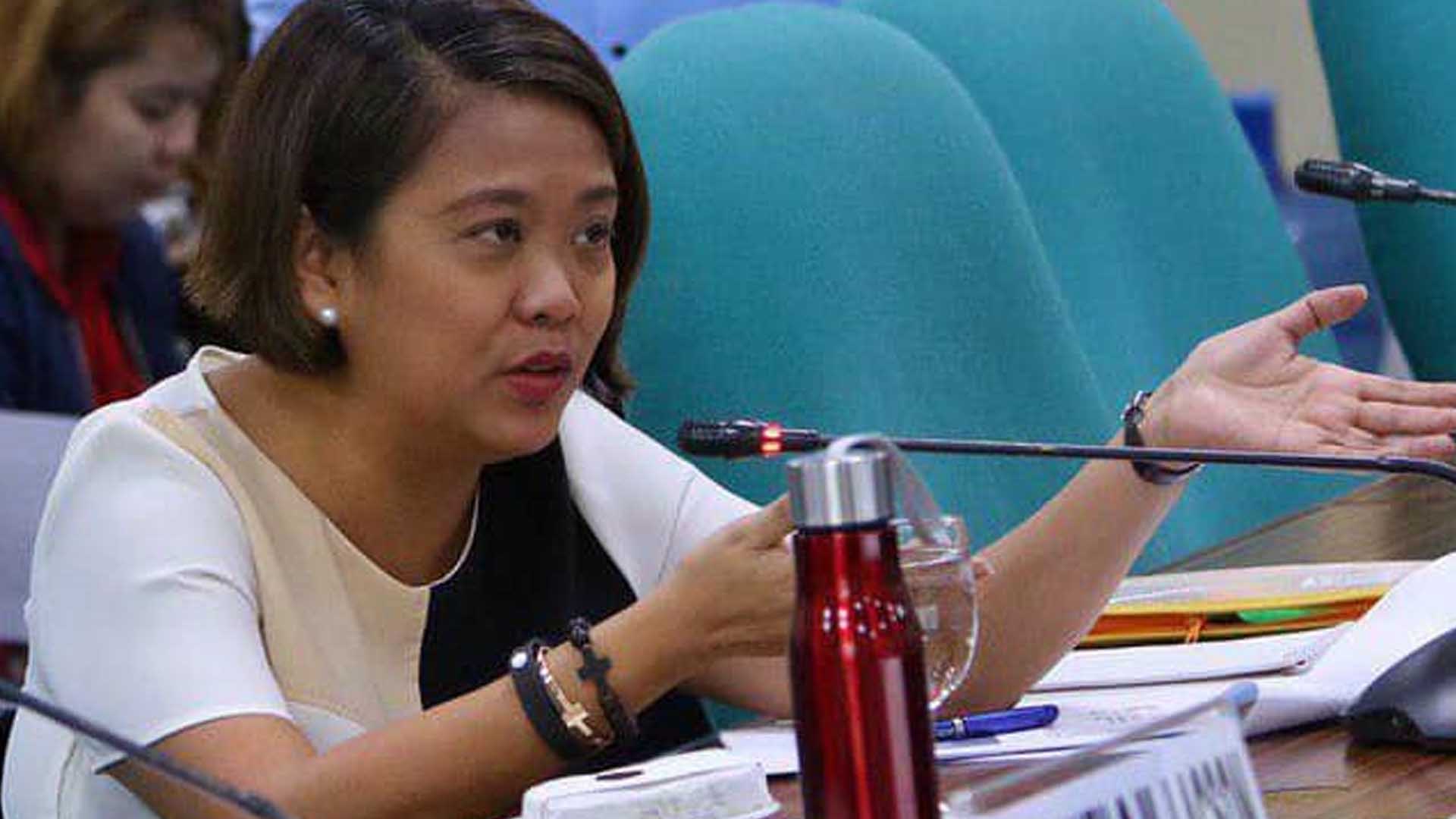Give credit where credit is due.
The Research Institute for Tropical Medicine (RITM) was key in detecting the re-emergence of the polio virus, yet its budget for environmental surveillance has been cut from P198 million in 2019 to P118 million for next year.
What gives? Senator Nancy Binay asks.
“Bakit na instead of lauding the RITM for their good work, pinipilay pa natin ang kakayahan nilang tuparin ang mandato nila?” Binay said.
The senator is pushing for an increase in the RITM’s allocation for environmental surveillance, which she says is critical to addressing vaccine-related diseases such as polio and measles.
During the committee-level budget hearing at the Senate, Binay echoed her support to raise the research arm’s budget.
According to Binay, she will ask other senators to support RITM’s request that their allocation for surveillance be increased to P248 million.
The senator said that the timing of the budget cut is “untimely and unsound” given that besides the polio outbreak, cases of diphtheria have also now been reported.
“Huwag nating hintayin na may dumating pang bagong epidemya, pero hindi natin ito malalaman kung tatanggalan natin ang RITM ng suporta para sa kaukulang surveillance. I believe that cutting their budget is both an untimely and unsound decision,” Binay noted.
According to Binay, the first step to stopping transmission and preventing possible polio outbreak is to map and survey high-risk communities where health threats are occurring.
“Malaki ang ginagampanang role ng mga barangay health workers. LGUs can help in increasing DOH’s surveillance efforts in monitoring high-risk areas, and in dealing with the level of community resistance against having children vaccinated,” she added.
Binay wants to raise RITM’s budget as a whole in order to increase its pool of researchers and experts, and to provide the necessary training for its more than 1000 personnel particularly specialists, and medical scientists.
“Community surveillance is essential lalo na sa mgq high-risk areas na maaaring panggalingan ng mga nakakahawang sakit. Malaking tulong din ang mga barangay health workers kasi sila ang first link of the surveillance chain partikular sa mga depressed areas,” the senator said. (senate.gov.ph)


